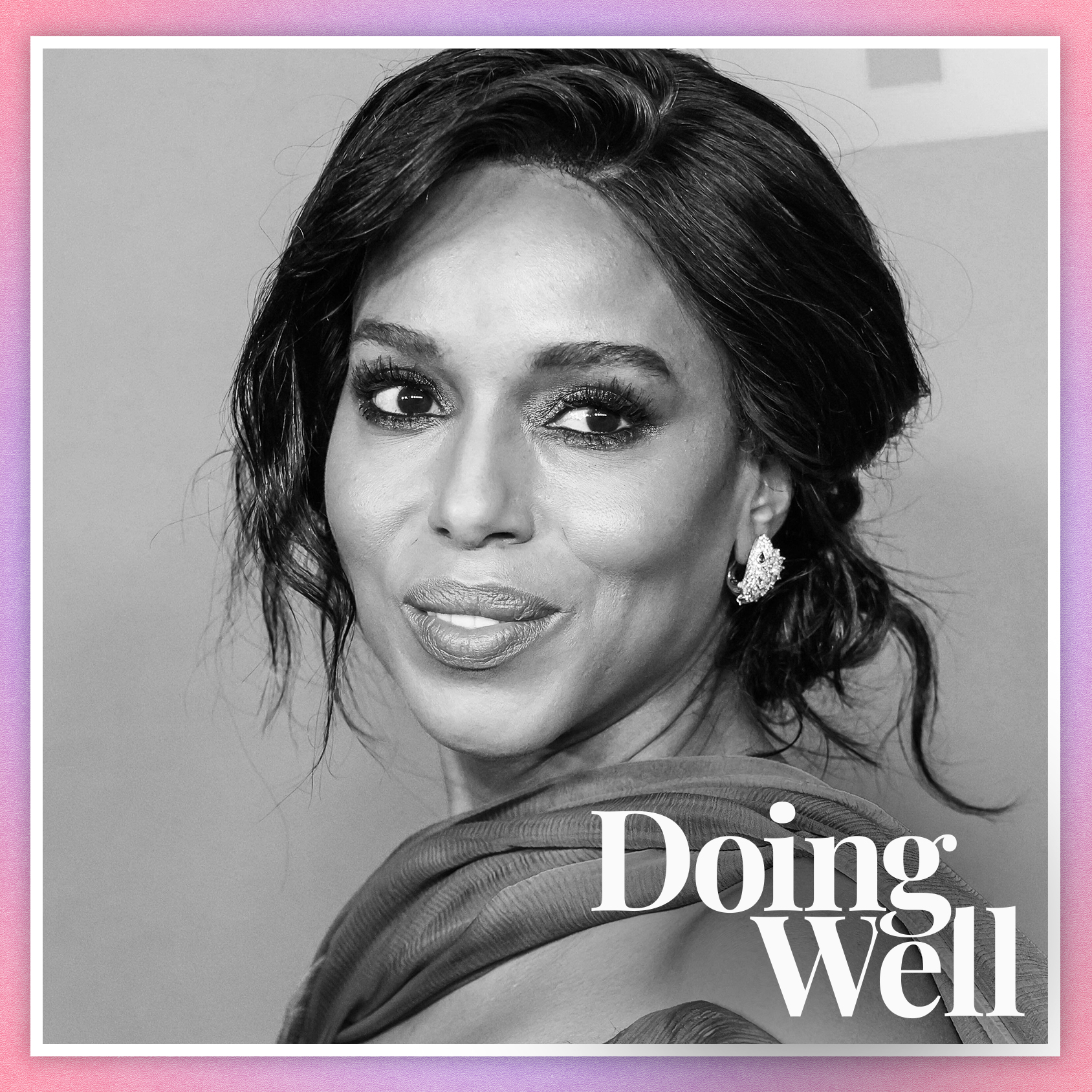
There’s no right way to “do” wellness, but Marie Claire’s Doing Well offers a glimpse into the self-care mantras, therapies, and affirmations practiced by industry trailblazers.
Chances are, you first got to know Kerry Washington as Olivia Pope, political fixer extraordinaire, in Scandal circa 2012. But the actress has a lengthy resume, including starring roles in Django Unchained (a must-watch) and HBO's Little Fires Everywhere (another must-watch). She's won a Primetime Emmy and five NAACP Image Awards.
But the latest addition to her resume is actually a nod to her first job—an actress in a New York City hospital's traveling sex positivity theater group. Now, three decades later, Washington has partnered with Winx, a women's healthcare brand, to spread some "real talk" about sex once again. "There's just so much misinformation that starts in high school and continues to mushroom throughout a woman's life," she tells me over Zoom. "Our country's high school sex ed courses are so outdated. They barely cover the minimum of information. It really fails us."
Washington's activism isn't just important work—it's one of the many ways she fosters her own self-care. Ahead, the Emmy Award-winner gets real about health, politics, and woo-woo wellness practices.
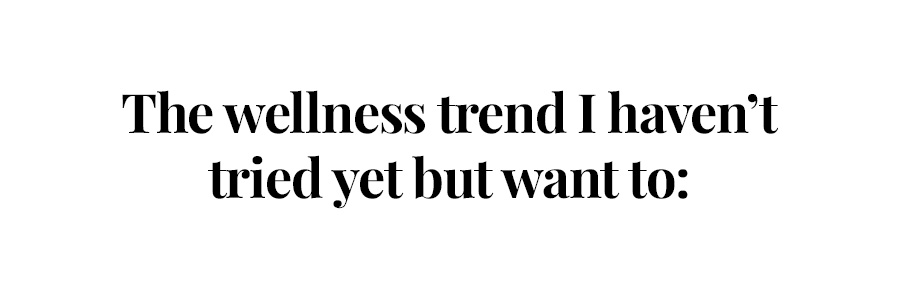
Sensory float tanks. I haven't done that yet, and everybody says I would love it because, as I talk about in my memoir, I love water and love to swim, so I feel like that would be very healing for my nervous system. But I haven't tried it yet.
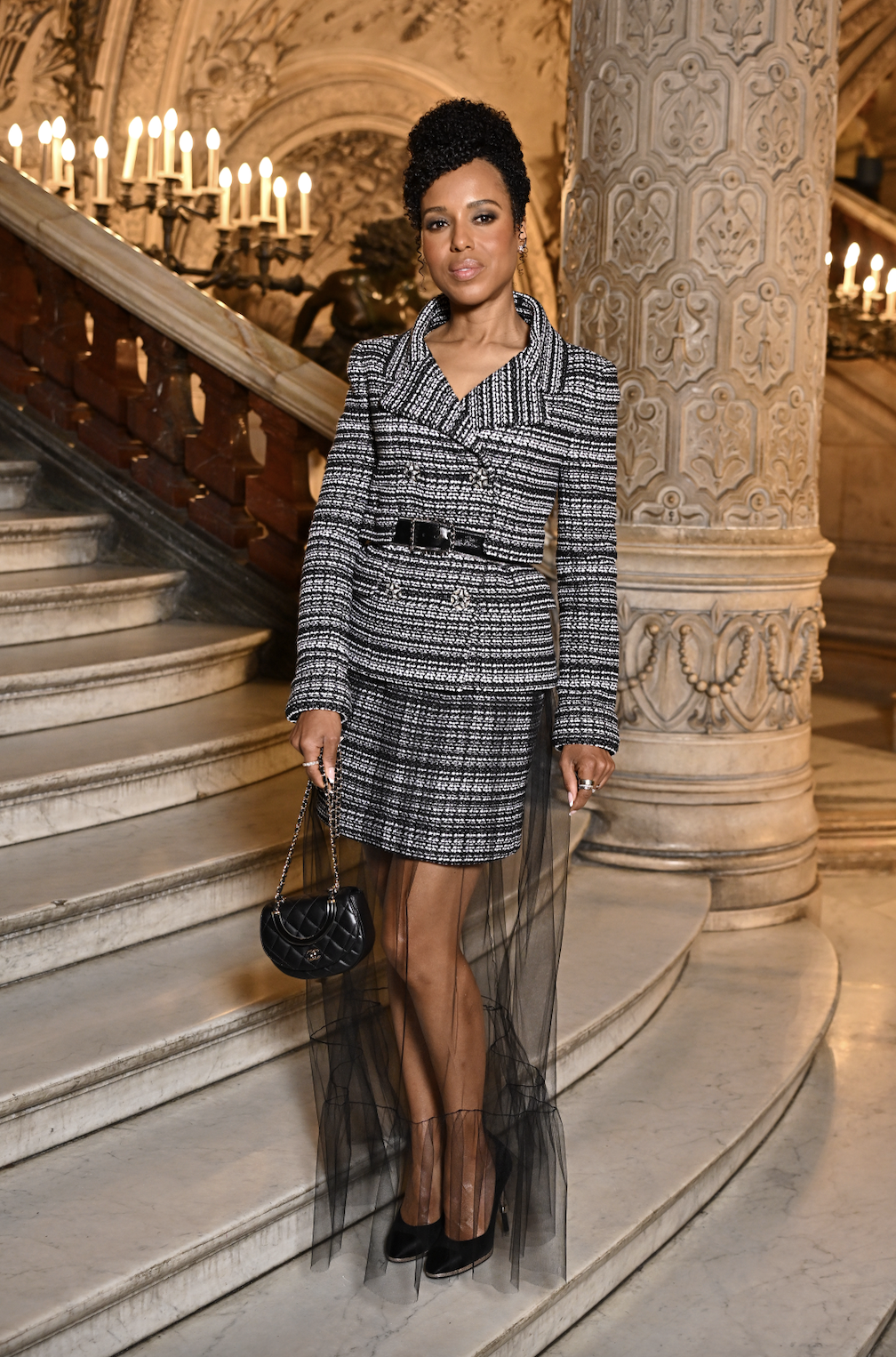
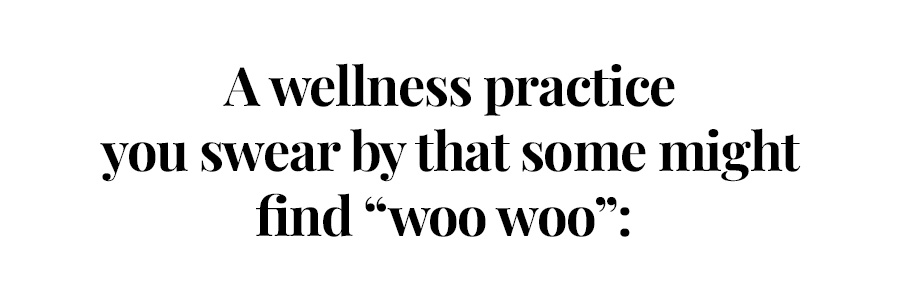
It's so funny because, living in L.A., I'm sure there are things other people would think are woo-woo that are so common here. Some people in my life think therapy is woo-woo. But I would say aromatherapy is the one woo-woo thing I swear by. I travel with many essential oils, and they have different things they're supposed to make you feel.
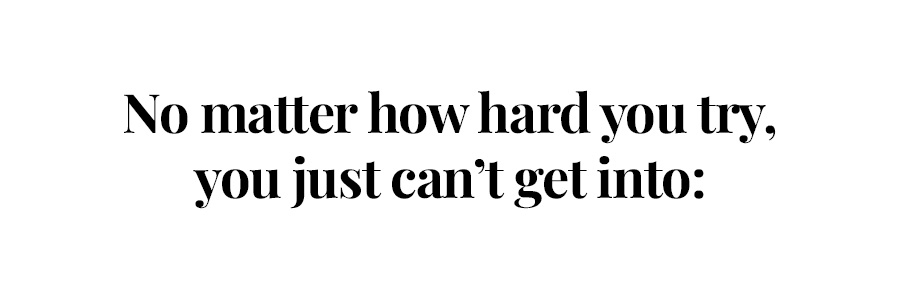
Running. My dad was a track athlete all through high school and college, but I'm just not a runner. It doesn't feel good on my body. I love to walk long distances, though. I love to hike. I'm just not a runner—I can't get into it.
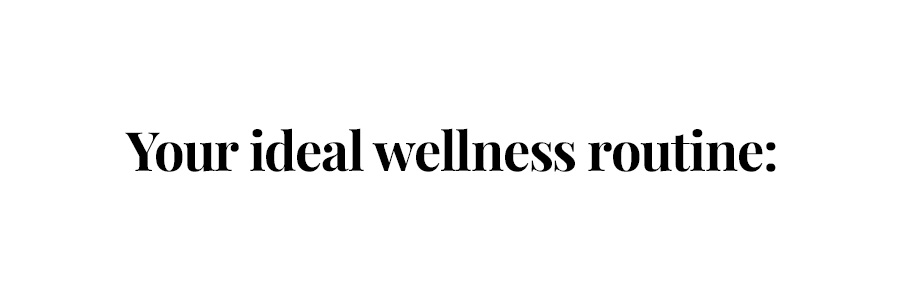
Ideally, I'd get up and do some stretching, spend some time in prayer and meditation, work out, and spend some time with my family. I feel best when I'm taking care of myself spiritually, mentally, physically, and relationally. Then, I'd do some work that I feel proud of—some creative work.

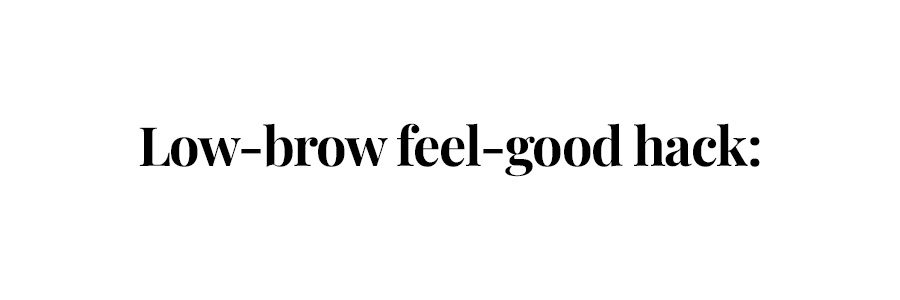
Going for a walk. That is always a great, easy reset.
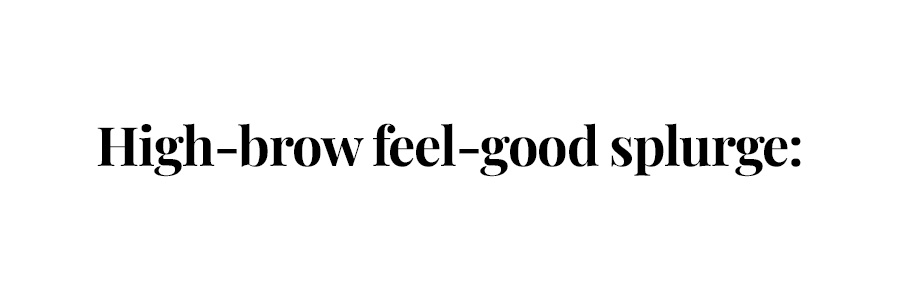
Massages, first. Another one that falls kind of in between low-brow and high-brow for me is swimming. And I say it falls in between because it depends on where you live and what you have access to.
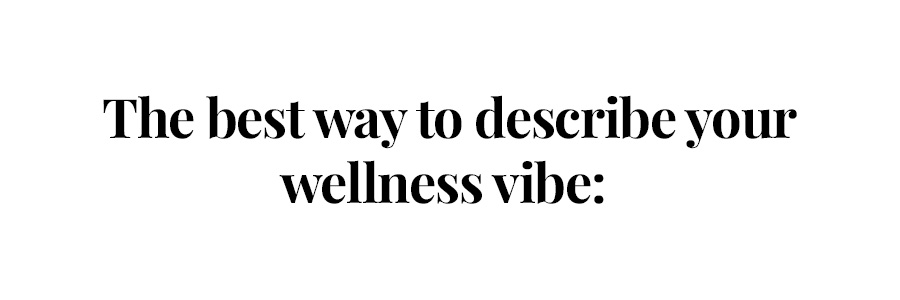
I try to keep it flexible and evolving rather than fall into rules. I try to meet the moment and ask myself what I need.
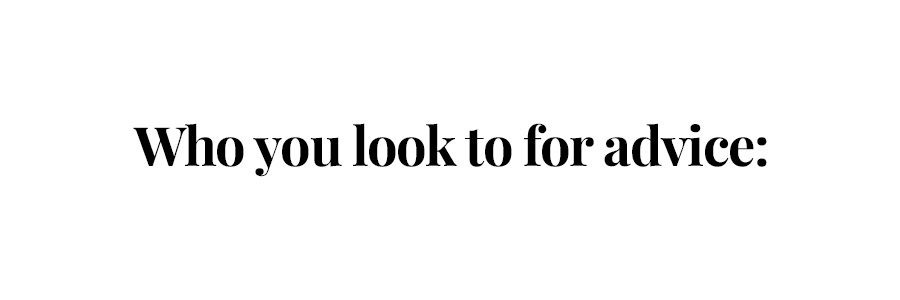
I'm really lucky. I have a very good relationship with my O.B.G.Y.N., so I go to my O.B. for a lot, and my G.P., too. But a lot of people in this country don't have a G.P. or an O.B. that they feel comfortable talking to.
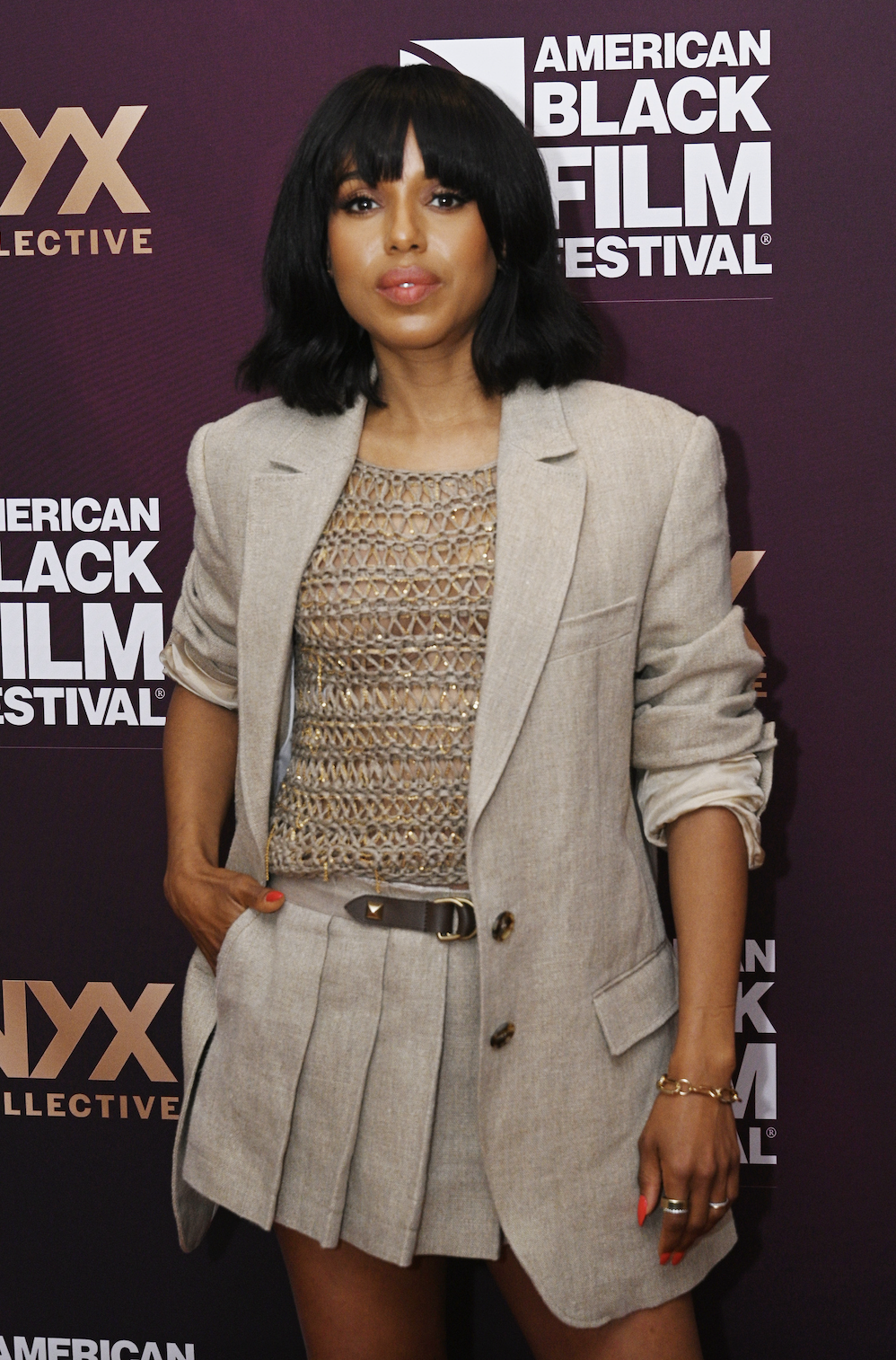
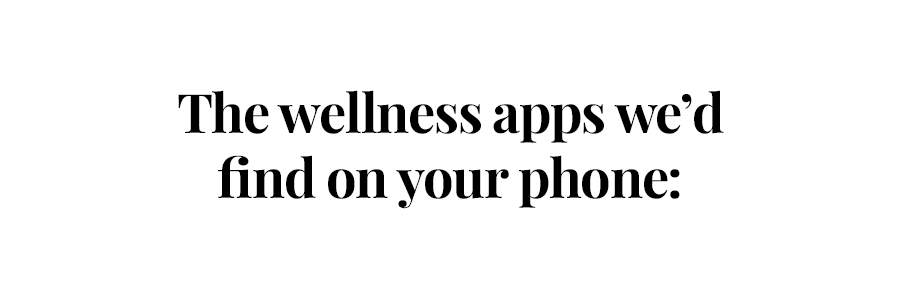
I'm a big fan of Exhale, which is specifically for Black women. And I really like Calm, Insight Timer, and my Oura Ring app, which I'm obsessed with.
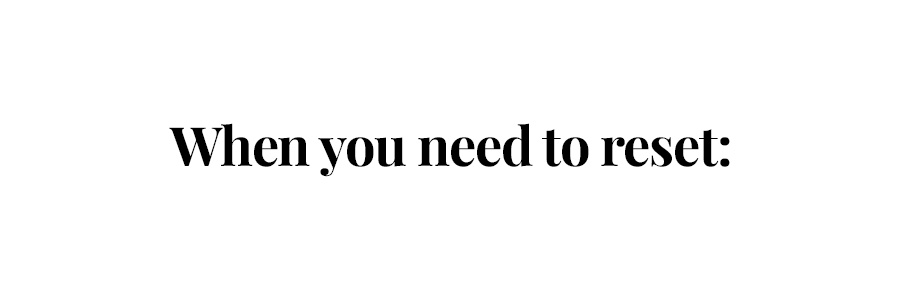
For me, a big part of resetting is therapy. And then spending time with people who I really love and trust, meditation, and working out.
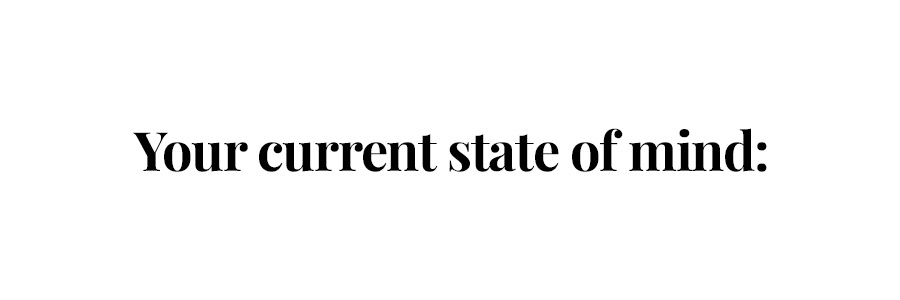
I'm really focused on the election in the fall. For me, it's about helping people to understand how important it is to vote. It's a radical act of self-care because when we vote, we are caring for ourselves and our communities in really important ways. So many of the abortion bans that have been put in place can be reversed in November. Even in Florida, people have the option to vote on Amendment Four, which could protect abortion access up until 24 weeks of pregnancy.
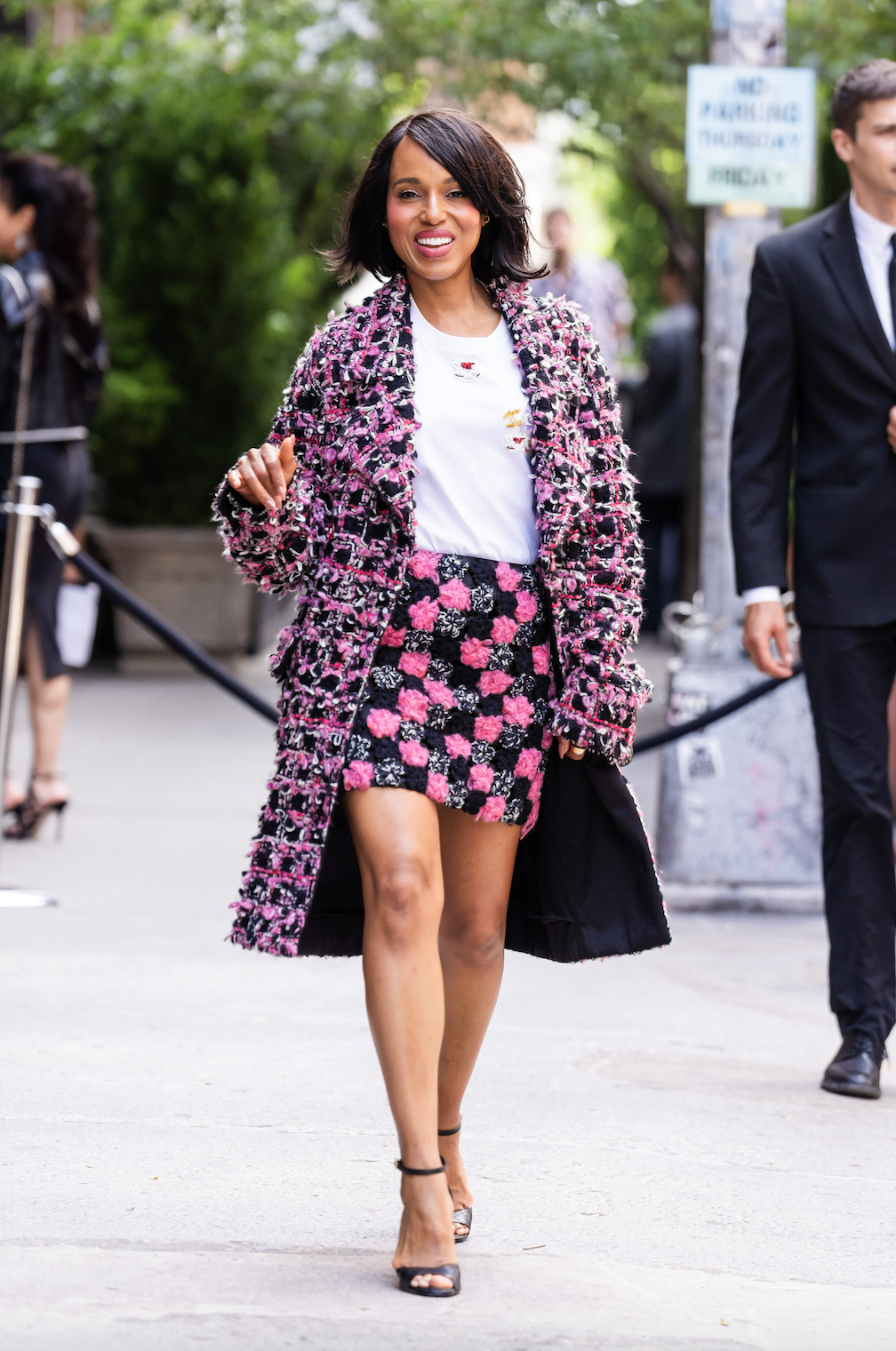
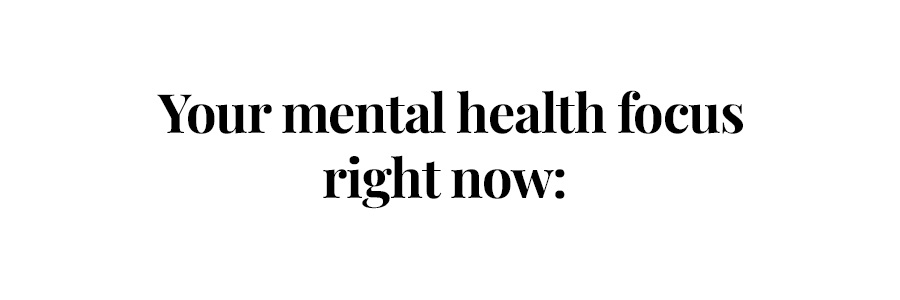
Advocacy work is so connected to health and wellness. When we get anxious and stressed about the state of the world, we can remember that volunteering and voting are ways of taking our power and agency back so that we don't feel helpless. It's radical self-care at a time when there are attacks on women's freedoms and the ways we're able to love and care for ourselves.
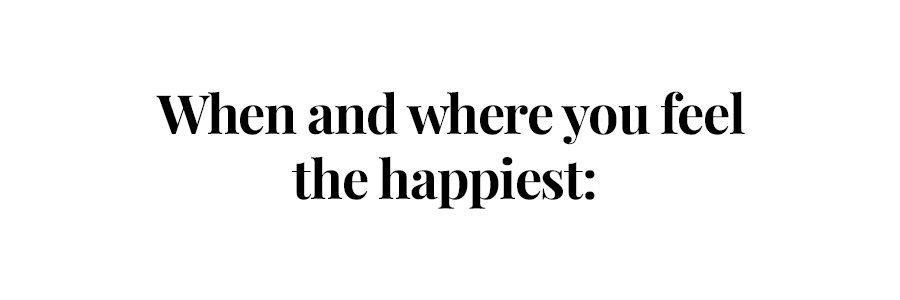
I feel the happiest when I'm swimming with my family.
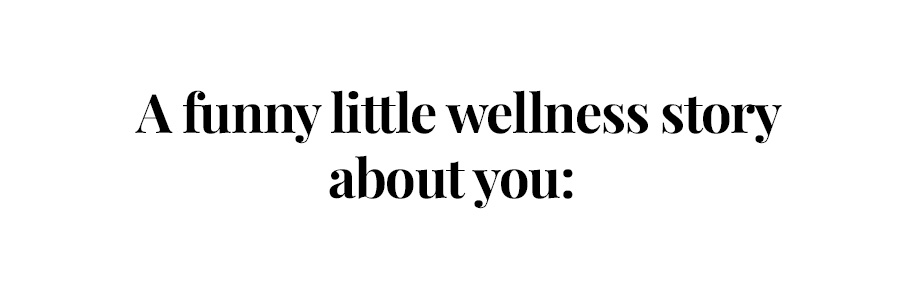
When I was 15, I was working for Mount Sinai Hospital in New York at their Adolescent Health Center. I worked as a peer educator in the Health Center, and we would also do this theater and education show where we'd travel all around the country doing a show about sexuality, homosexuality, safer sex, abortion, virginity, self-esteem—all this stuff. And when I first auditioned, I came home with all these pamphlets about condoms and how to put a condom on a banana. I had them on the table, and my dad was looking at them and when I walked in the room he tried to hide them. He was like, "Oh, this isn't appropriate." And I was like, "No, no, no, those are mine. I brought those home from my new job." And he looked at my mother like, "What is going on?"
He was really shocked at first, but my parents were so supportive of that work and so proud because we all started to really understand that education has the capacity to save people's lives. When we feel like we can't talk about a topic—when it's shrouded in shame—it costs people's lives.
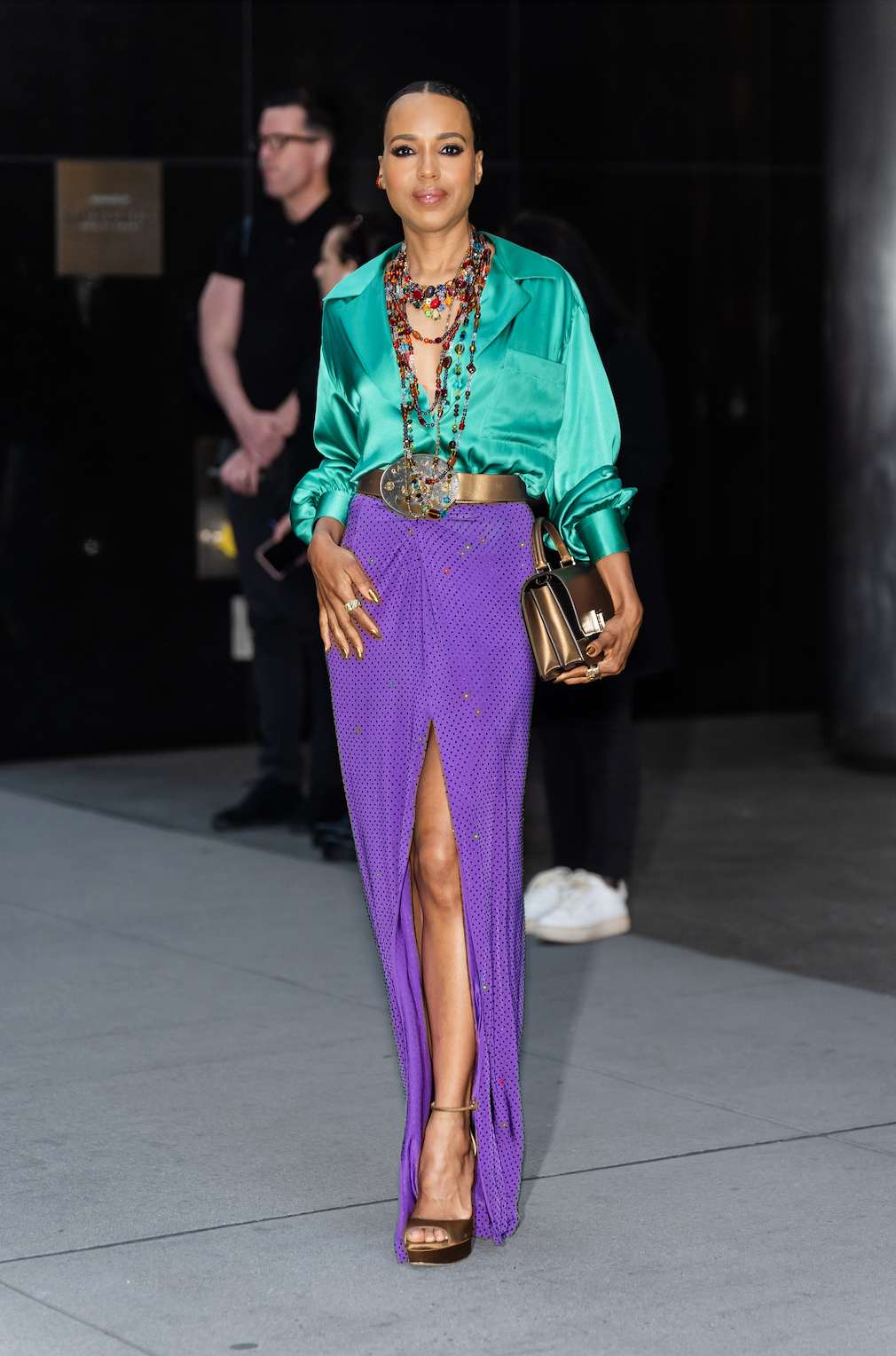
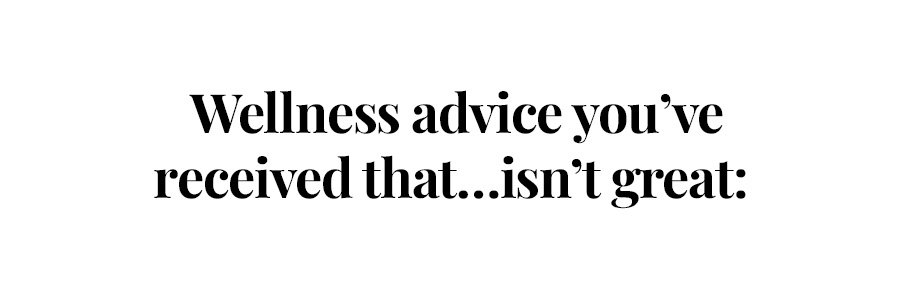
There's so much misinformation about sexuality when you're a teenager. I remember people having symptoms and other friends saying, "Just wait and see if it goes away." When it comes to health, waiting to see if it goes away is never a good idea.
We have to be more curious in the moment and unafraid to talk to healthcare providers and friends. I think that's why Winx's Real Talk platform is so important—because people can ask questions without shame, judgment, or embarrassment. It's a space where half a million women can get the information they need to make better choices and live healthier lives.
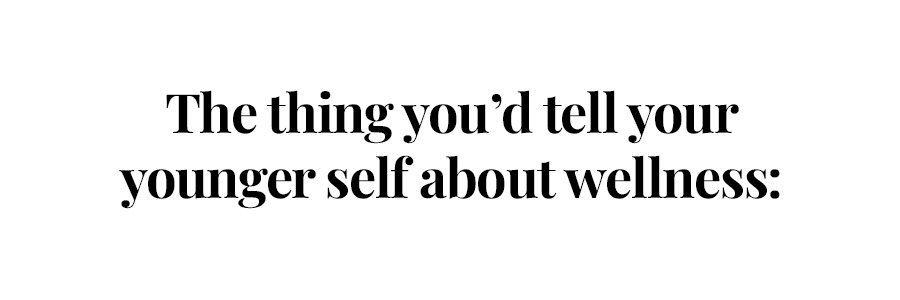
I would say stay curious and love yourself. You deserve to be healthy and feel healthy.







